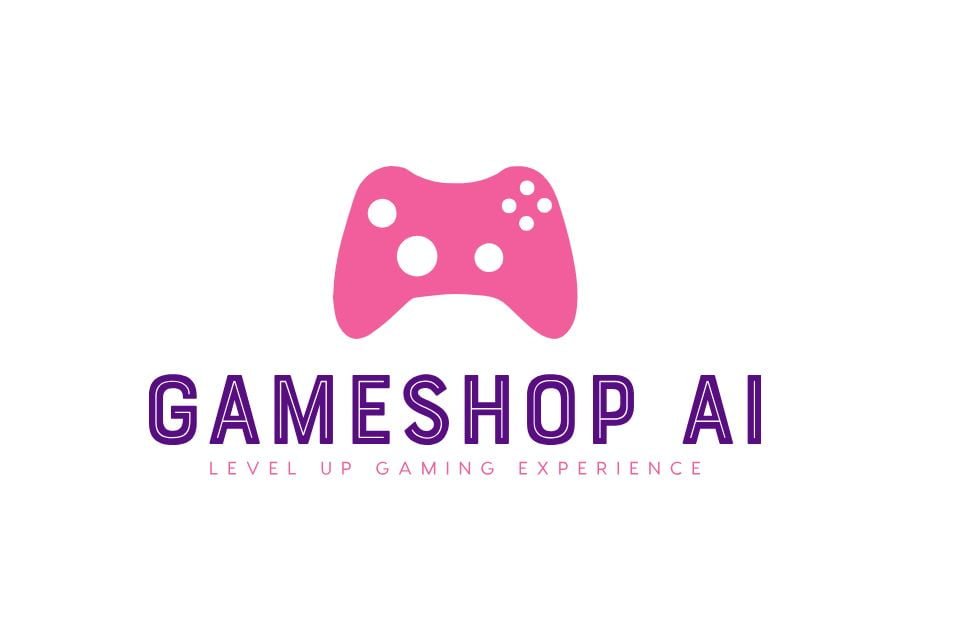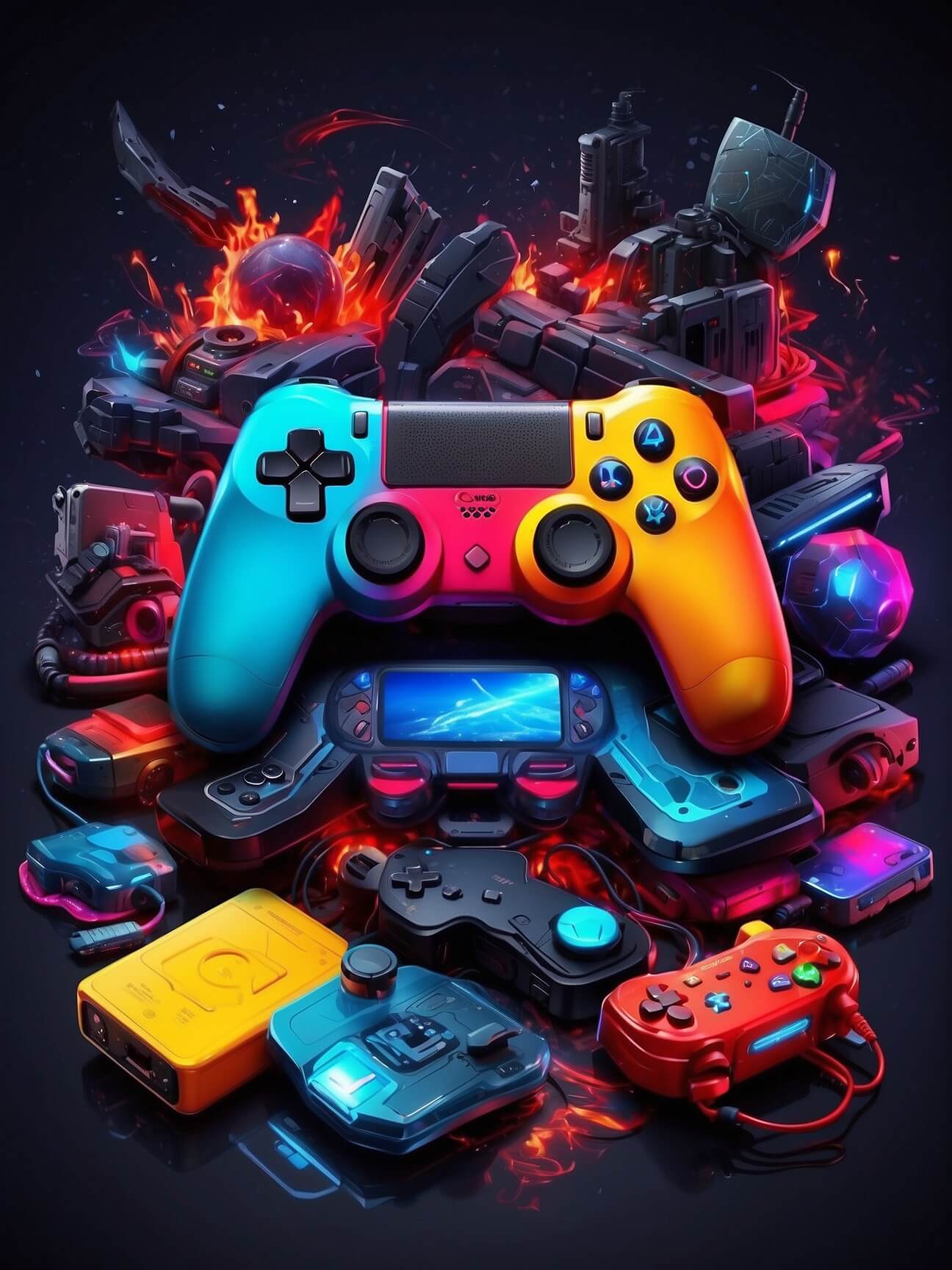Don't miss our holiday offer - 20% OFF!
Take-Two still wants to bring its biggest IP to mobile
Two years since it completed its takeover of Zynga, Take-Two is still trying to figure out a way to bring its biggest franchises to mobile.
The $12.7 billion deal, which is the second-largest acquisition in video game history, brought Take-Two’s blockbuster console and PC franchises like Grand Theft Auto, Borderlands, NBA 2K and BioShock under the same roof as Zynga’s hugely popular social gaming brands including FarmVille and Words With Friends.
“Perhaps most importantly we have the ability together, from both a development and a publishing point of view, to optimise the creation of new titles based on Take-Two’s core intellectual property,” Take-Two CEO Strauss Zelnick said when the deal was announced.
“We believe we have the best collection of console and PC intellectual property in the interactive entertainment business and it’s basically nearly entirely un-exploited from mobile and free-to-play around the world.”
During an interview at a TD Cowen conference this week, Zelnick was asked whether Take-Two had made any progress towards fulfilling this ambition, or even whether the goal was still part of the company’s multi-year pipeline plan.
“You’re kind to ask it that way,” he said (transcribed by VGC). “What you’re really saying is, ‘you haven’t done that, what happened?’ And the answer is, and I said it at the time, I said, ‘listen, that is one opportunity to create revenue synergies, but arguably it’s not the best one because even mobile titles based on traditional core established IP can fail, and the biggest titles in mobile are of course native.’
“Now, what people are really saying, they didn’t say it this way, is, ‘why don’t you just do what Call of Duty Mobile did?’ But the answer is, Call of Duty is a superset, never mind a subset, a superset of one. Basically everything else has paled by comparison in our space.”
Call of Duty Mobile was released in November 2019 and had been downloaded over 650 million times as May 2022, according to publisher Activision Blizzard.
“So, we understood then, and still now, that the biggest hits in mobile tend to be native to mobile, Match Factory being a great example,” Zelnick continued.

“That said, I would love to be able to announce a successful mobile title based on legacy Take-Two IP, and I’m pretty sure we’ll be able to do it, but you’re right that it has been backburnered a bit in service of a bunch of other opportunities.
“So, the biggest revenue synergy created among the organisations now we’re one, but we were two, is our direct to consumer platform for mobile, which has become really important to us. That was essentially a joint venture between Zynga and Take-Two like day one, and now it’s a very significant business.
“The incremental margin driven by our direct to consumer business in mobile, in and of itself, basically ticks the box of our expected revenue synergies, because revenue you don’t care about, it’s margin you care about, so basically the margin driven by that has ticked that box.”
Zynga released puzzle-solving game Match Factory globally last November. Reporting its quarterly earnings last month, Take-Two said the game was “proving to be a hit, already establishing itself as a Top-20 grossing game on the US Apple App Store and reaching millions of new users with its launch on the Google Play store”.
Mobile accounted for over half of Take-Two’s full-year revenue and net bookings during the 12 months ended in March 2024.
Zynga is gearing up to release squad-based arena combat game Star Wars Hunters for Nintendo Switch and mobile in June, and puzzle RPG Game of Thrones: Legends will arrive on mobile this fiscal year.
But Zelnick reiterated at this week’s TD Cowen conference that he still wants to make a hit mobile game based on one of the company’s own properties.
“Would I like to do exactly what you said? Absolutely. Have we done it yet? We have not done it yet. Is it in our multi-year pipeline? It is in our pipeline, but that doesn’t mean it will succeed, it could fail, in which case it would be irrelevant. No, worse than irrelevant, it would actually cost us money because failures cost us money.”
“But we have to try and we will try,” he added.

